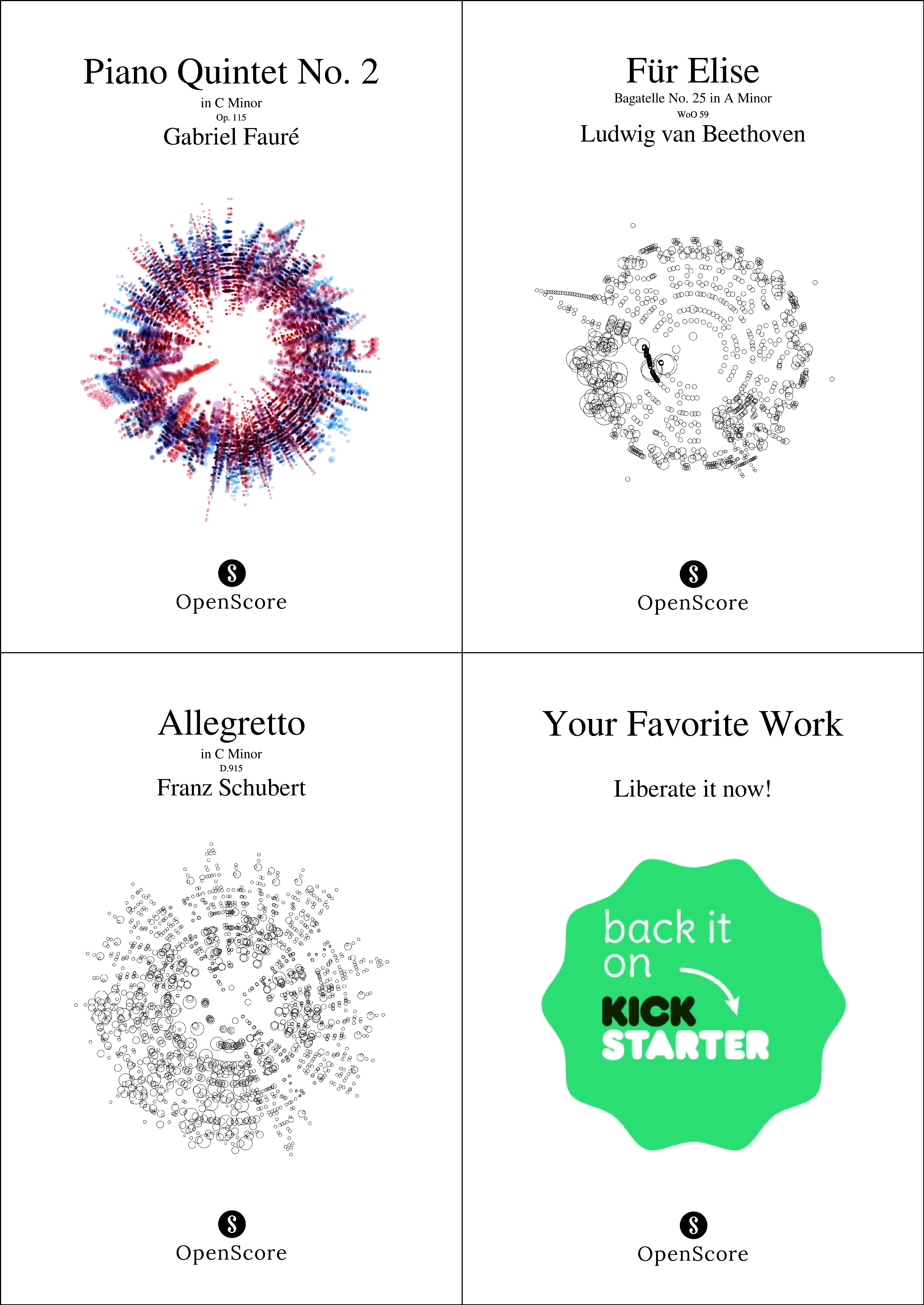After many years as a community driven project and often under-staffed, the BookBrainz project has always been the red-headed step child of our projects. A few weeks ago I asked if the community felt that we should make BookBrainz an official project of the foundation and got a very positive response.
After that, we started informally seeking developers to take on this position, leading to the hire of Monkey, who will now be the lead of the BookBrainz project, taking over for Ben Ockmore. Ben will take on a contributor role to BookBrainz going forward and remain on the project! Thanks for all of your hard efforts in the past, Ben!
While Monkey comes up to speed on the codebase, we’ve been brainstorming what features he should focus on first . The short term focus on BookBrainz will be on bringing it into our hosting setup at Hetzner, which means making the codebase ready for running inside of docker with all of the MetaBrainz specific hosting quirks. Part of this project will be to remove elastic search and to utilize our new Solr based search system that we recently released for MusicBrainz.
After getting BookBrainz moved to our hosting facility that focus will be to create a minimally viable product. What exactly does this mean? One of the frequent complaints I’ve received about BookBrainz is that it is missing core functionality of a proper metadata project. Core functionality means that a user should be able to view and edit all of the metadata that is in BookBrainz and then retrieve this data from the BookBrainz API. It should include full data dumps with incremental data dumps being added a bit later.
What do you think the missing core features of BookBrainz are?
Finally, we’re in discussions with the OpenLibrary team, wondering how to best work together and not to duplicate efforts — we’ll post more about this once we’ve reached an agreement with the OpenLibrary team on how we should proceed.
Thanks!


